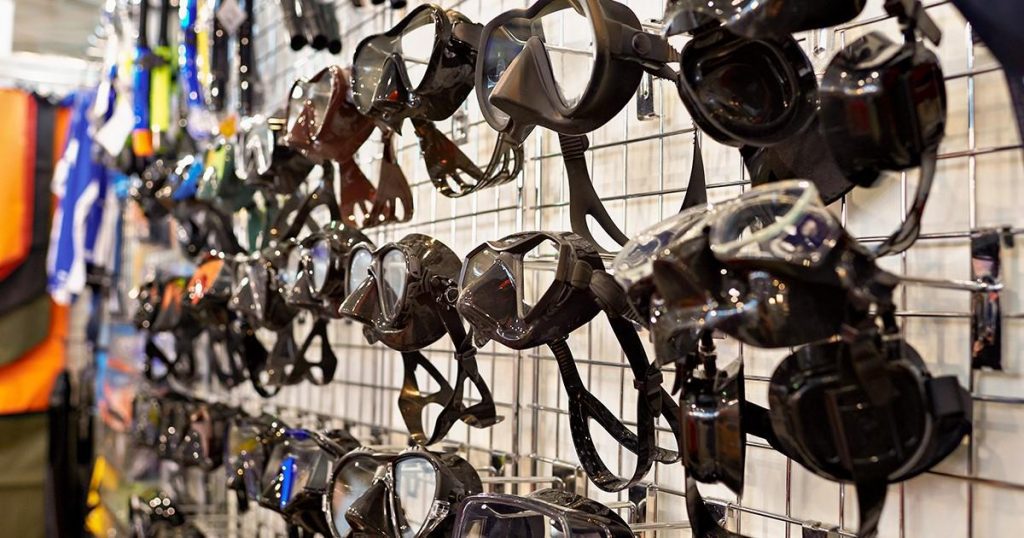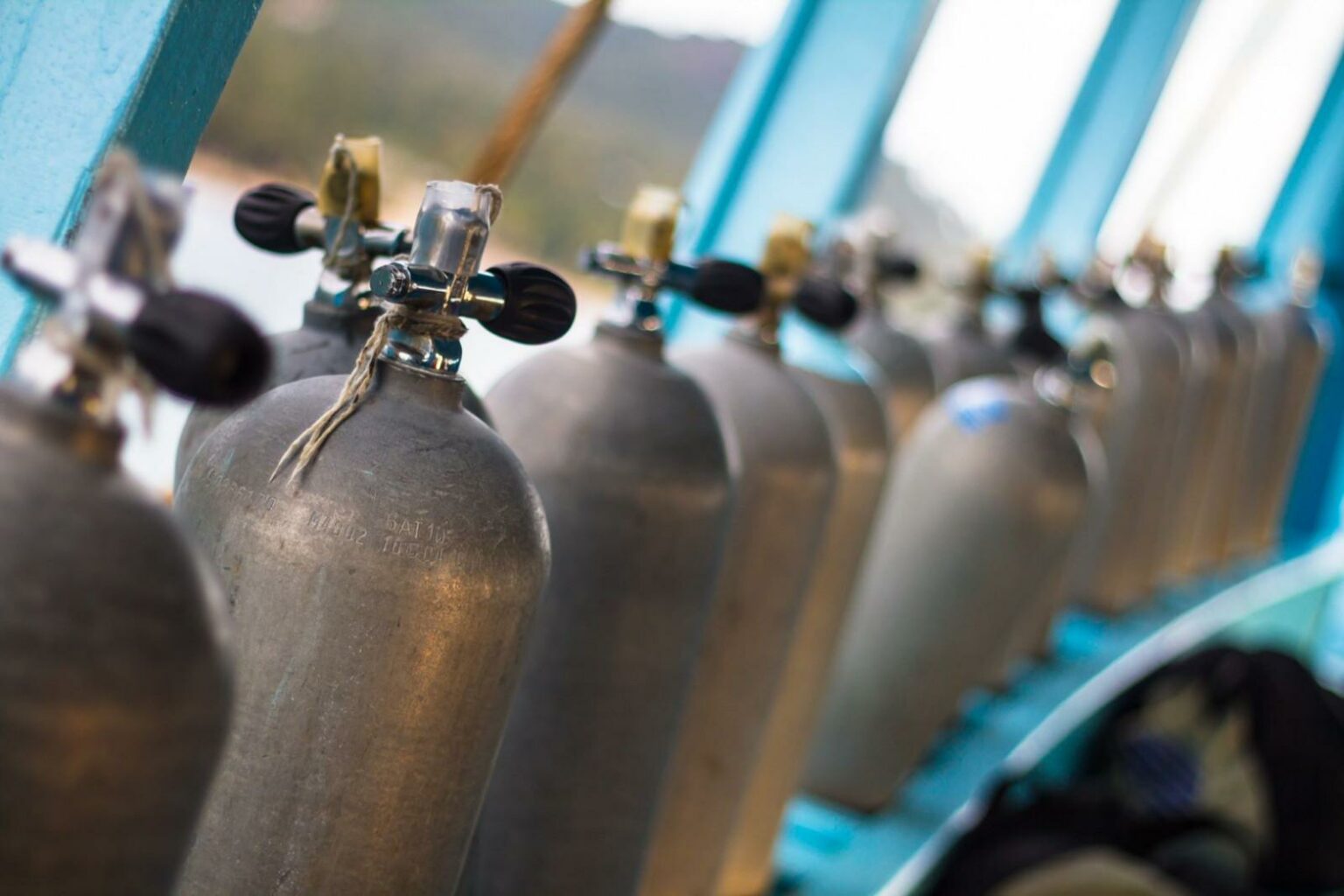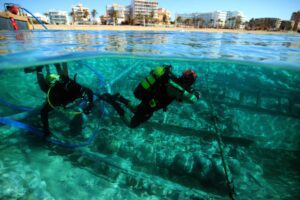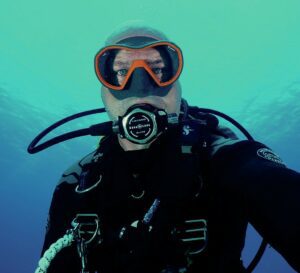Once restrictions are lifted, divers will be eager to get back in the water doing what they love, and they will certainly want to feel safe when they return to diving.
To help you prepare, Divers Alert Network provided answers to a couple of the most frequently asked questions about staying safe from COVID-19 while diving.
Q: Is COVID-19 transmissible through water? If so, does the risk vary based on type of water, i.e. swimming pools, open fresh/saltwater and rinse tanks?
Will adding a disinfectant to the water be sufficient to inactivate the virus? What about adding regular hand soap to the rinse tank water?
A: Currently it is not known whether the new coronavirus can be transmitted in a rinse tank with communal equipment, however studies on other coronaviruses have shown that they survive well in surface water such as lakes and rivers.
With this research in mind it would be prudent to assume that the virus will survive in a rinse tank and, although diluted, could remain infectious. According to the CDC the virus would be inactivated in a properly treated swimming pool, however rinsing equipment in a swimming pool is not an acceptable method of disinfection.
A disinfectant solution must be used according to the manufacturer's directions, and these usually include specific dilution requirements and a statement instructing the user to thoroughly rinse the disinfected item and allow it to dry.
Therefore, a disinfectant solution should be mixed and used separately from the freshwater rinse tank. Best practice in this case would be to have divers disinfect equipment before rinsing to avoid contamination of the rinse water. Hand soap is not a viable option for disinfecting.
The US Environmental Protection Agency (EPA) has a list of disinfectants that will kill the virus called ‘List N'; a disinfectant should be chosen from this list or from among registered disinfectants from other local governing bodies. Don’t be shy about asking your dive operator about their disinfection protocols.

Q: Is there a chance that the compressed air inside my cylinder could be contaminated? Can the new coronavirus get into my filled cylinders?
A: The coronavirus is small enough to theoretically enter the compressor without being caught by the filters. The compressor will heat the air up to well above 150°F after each stage of compression.
In addition, during each stage, the peak, instantaneous temperature due to near adiabatic heating that occurs during compression, can be at least 360°F (182°C) inside the cylinder, irrespective of whether the compressor is cold or warm.
This will therefore occur multiple times. These temperatures are hot enough to eliminate infectivity. Therefore, no live virus should enter a scuba cylinder during filling.
It can, however, enter a cylinder if the fill whip or cylinder valve is contaminated, such as by being touched by an infected person. For this reason, it is important that staff at dive businesses practice hand washing and disinfection of high-touch areas including cylinders and fill stations.
For more information about disinfecting dive gear to limit the spread of the coronavirus, check out DAN’s article Disinfection of Scuba Equipment and COVID-19.








